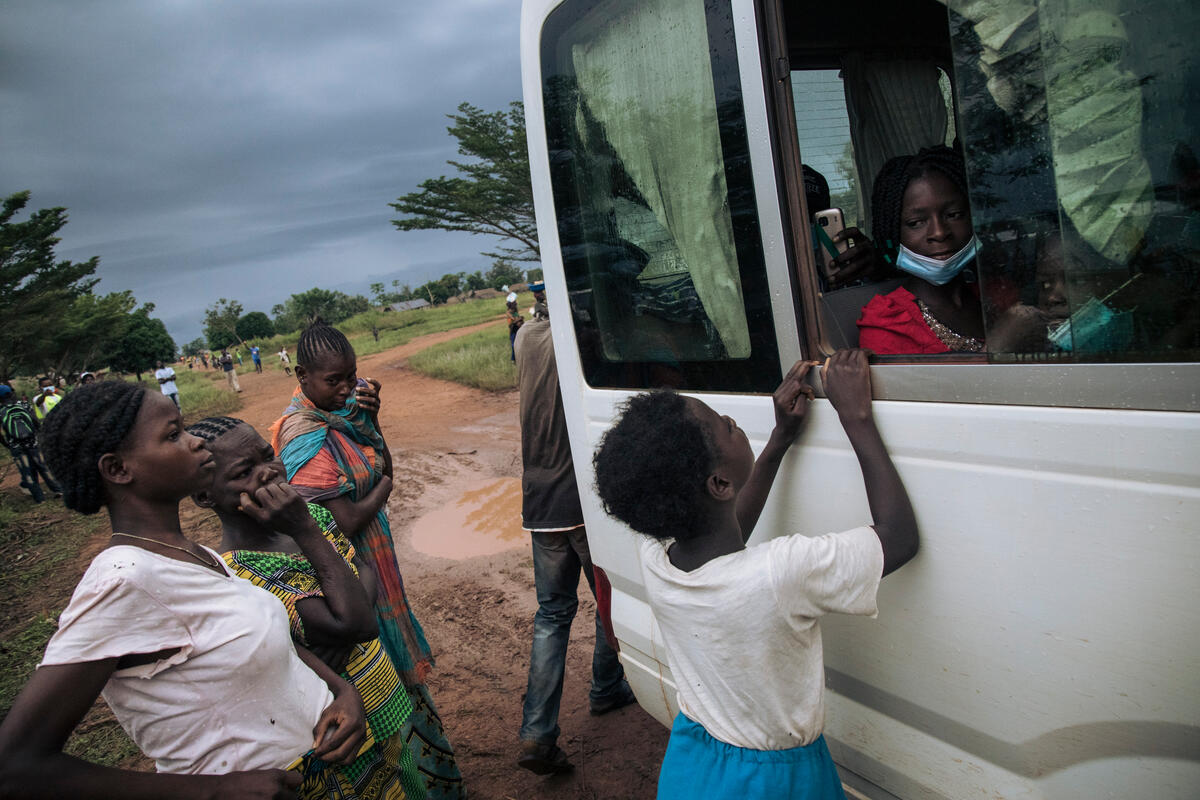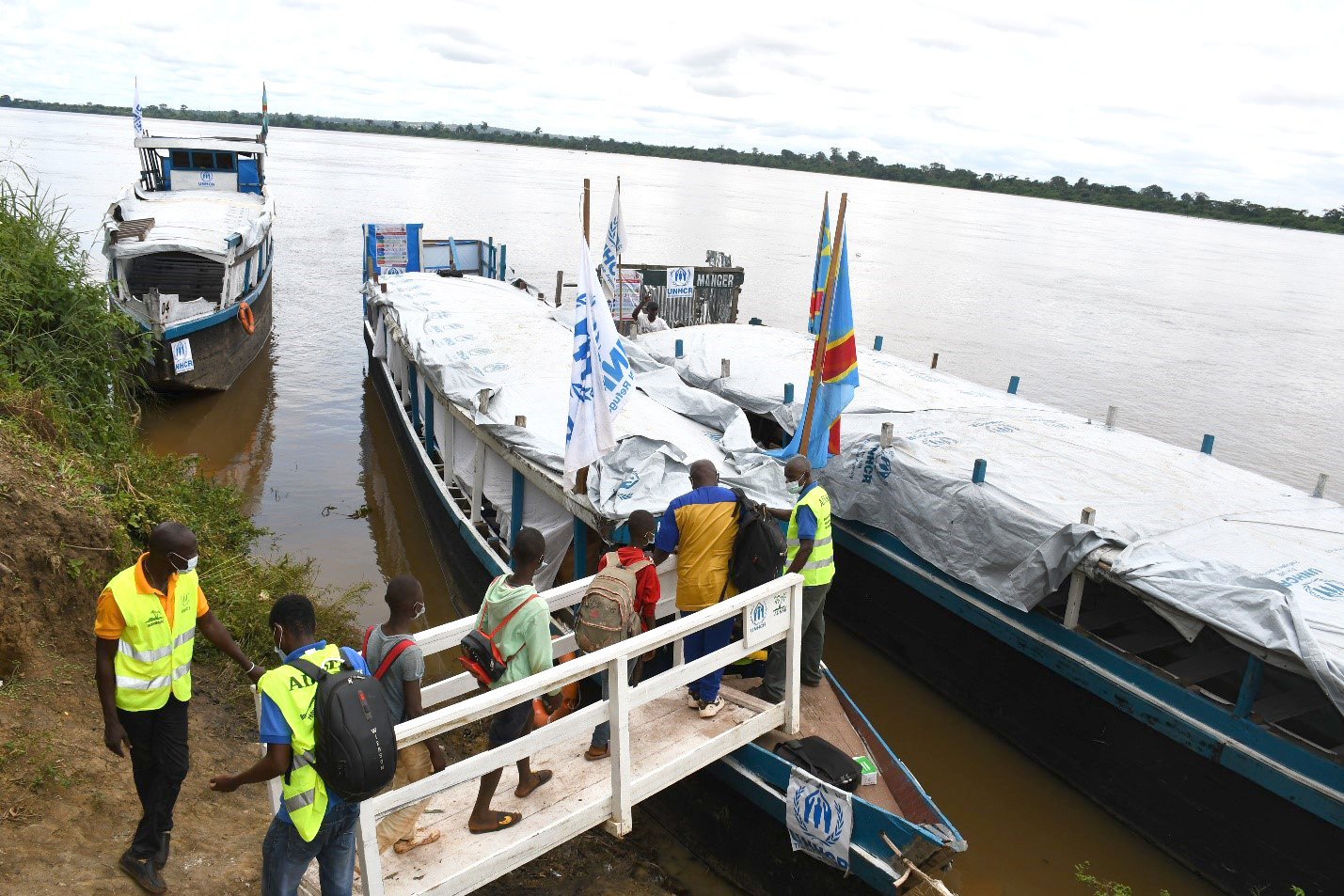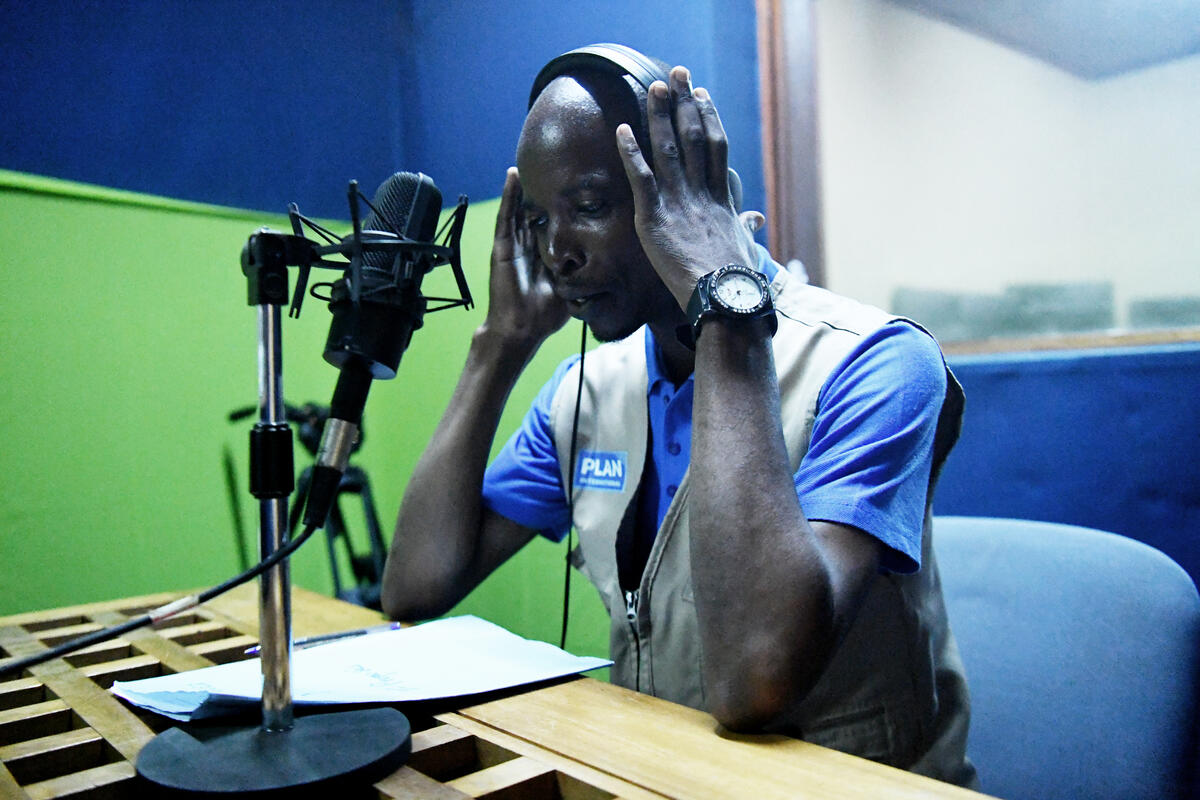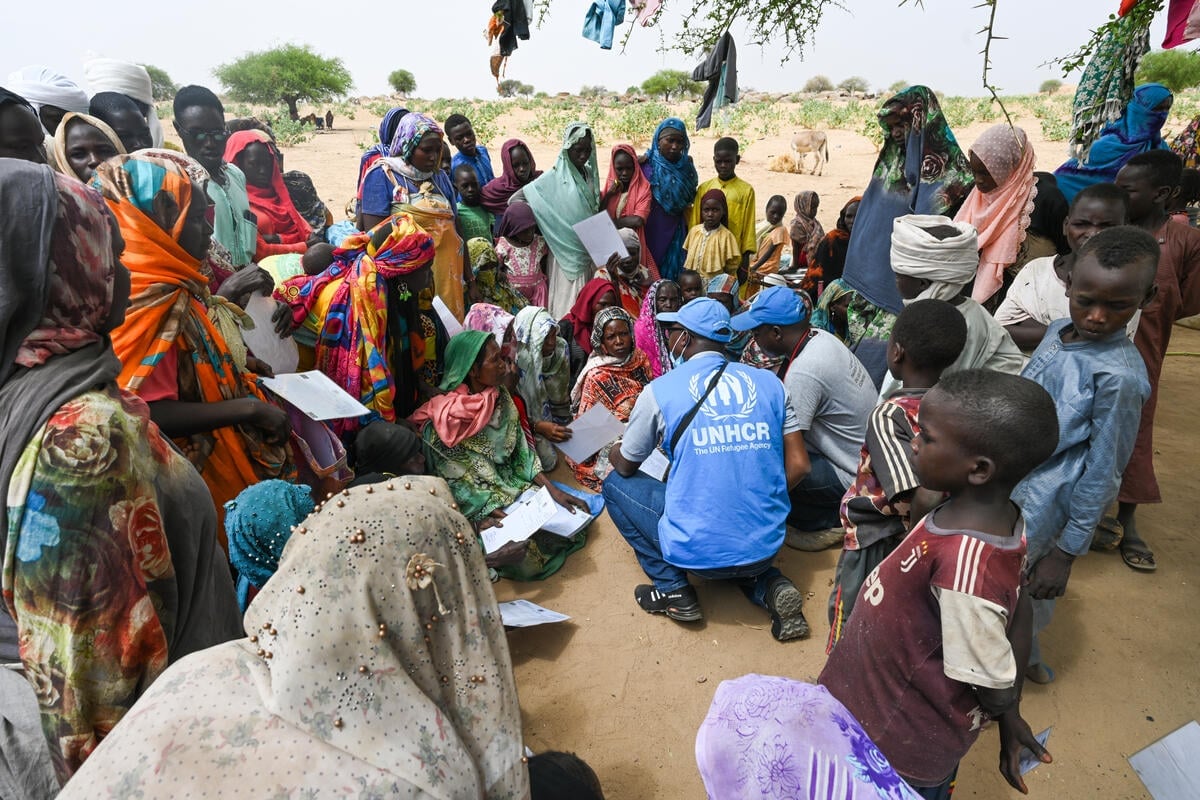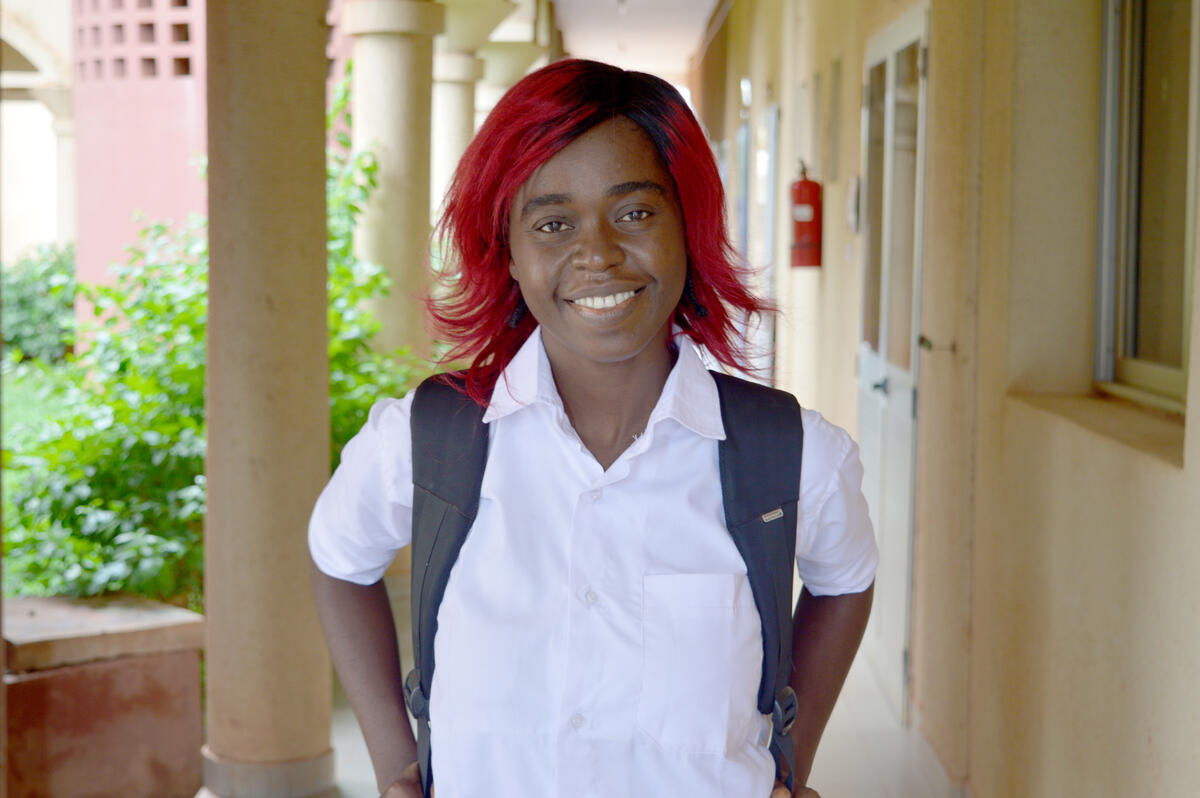CAR displacement reaches unprecedented levels in 2017
CAR displacement reaches unprecedented levels in 2017

Ongoing violence in Central African Republic (CAR), particularly in the country’s north-west, has pushed forced displacement to the highest levels that UNHCR, the UN Refugee Agency, has seen since the start of the crisis in 2013. Data as of the end of December shows that 688,700 people were displaced internally – 60 per cent more than just a year ago.
Meanwhile the number of CAR refugees in neighbouring countries, at 542,380, is also up, by 12 per cent in comparison to last year. For a country whose population is estimated at around 4.6 million, these two figures combined represent an astonishing level of suffering and people in need.
The recent surge in violence in the country’s north-west has led over 17,000 Central Africans to flee to neighbouring Chad since end December – some ten times more than during the whole of 2017. Although their flow has slowed as fighting abates, this is the biggest refugee influx from CAR to Chad since 2014.
UNHCR and the authorities are identifying host villages away from the border in Chad to relocate the refugees. UNHCR teams distribute food provided by the World Food Programme and basic relief items, including blankets, mats, mosquito nets, kitchen sets and plastic sheets. UNHCR partners also provide medical assistance to the new arrivals, some of whom are affected by malaria, diarrhoea and respiratory infections. In total Chad hosts 77,122 refugees from CAR.
The conflict in CAR’s north-west has also displaced some 65,000 Central Africans to the city of Paoua, which has seen its population tripling. The newly displaced told UNHCR that armed groups attacked their villages, torching houses, looting food and killing anyone in their way.
Local authorities reported to our teams that across the northwest some 15,000 houses have been burned and 487 people killed. However, UNHCR and partners fear the number could be higher, since access is still not possible to places where people are hiding.
The presence of armed elements around Paoua has limited commercial activity, leading to a steep increase in food prices. Displaced people are staying in the open, in churchyards or host families, some of whom are accommodating 15-20 people in a single room.
UNHCR is distributing basic relief items to the displaced and works with partners to construct new community shelters. If the return of the displaced is not possible over the next months, UNHCR is concerned that the affected villages will miss the planting season, which may lead to food shortages later during the year.
Currently, the humanitarian community estimates that almost half of the 4.6 million Central Africans will face food insecurity in 2018. In total, some 2.5 million people will be in need of humanitarian assistance.
Given the level of insecurity and displacement, UNHCR’s focus remains on life-saving protection and assistance. Nevertheless, CAR continues to be one of the world’s most forgotten displacement crises.
In 2017, against needs we estimated at US$209.2 million for the CAR situation, only 12 per cent was funded – barely more than a dollar for every 10 required. In 2018, UNHCR’s financial requirements for the CAR situation amount to US$176.1 million.
For more information on this topic, please contact:
- In N’Djamena, Ibrahima Diane dianei@unhcr.org +235 652 747 75
- In the Central African Republic Djerassem Mbaiorem, mbaiorem@unhcr.org, +236 72 30 12 88
- In Geneva, Aikaterini Kitidi kitidi@unhcr.org, +41 79 580 8334


